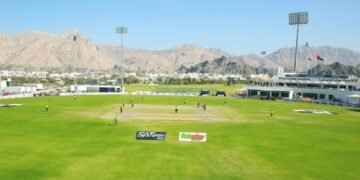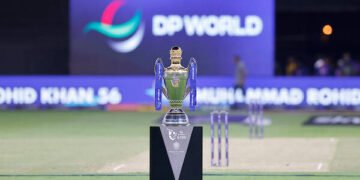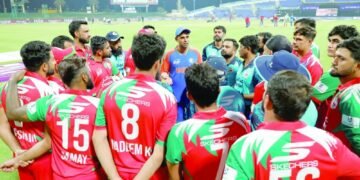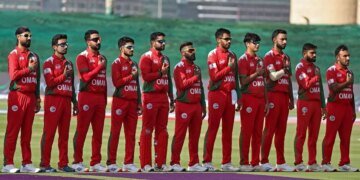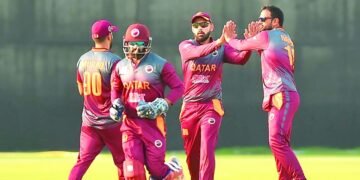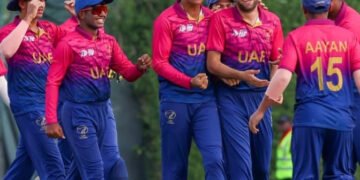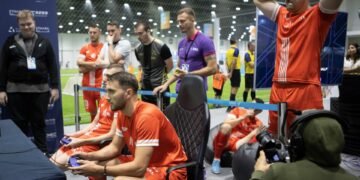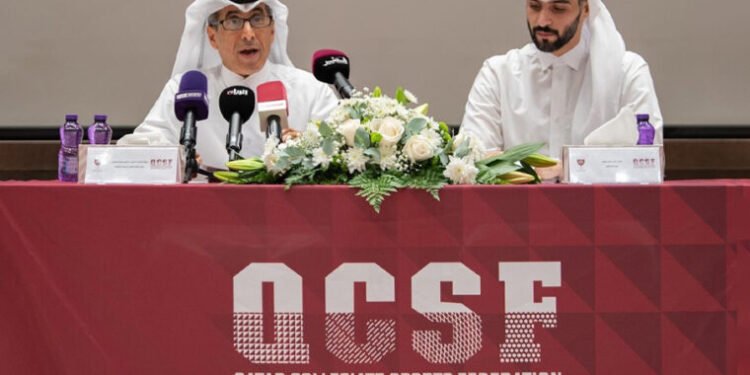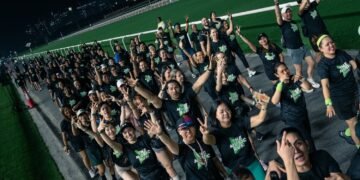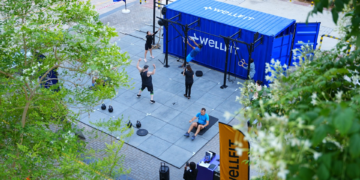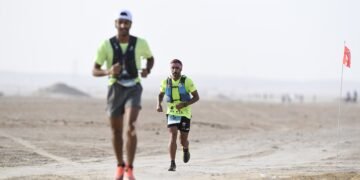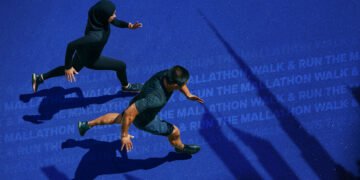Qatar Collegiate Sports Federation Announces 2025–2026 Calendar
The Qatar Collegiate Sports Federation (QCSF) has officially revealed its calendar of activities for the 2025–2026 season, scheduled to run from September 2025 to April 2026. This upcoming season will include an extensive range of team and individual sports, aimed at enhancing the university sports ecosystem in Qatar.
Sports fans can look forward to annual championships open to both male and female students, across disciplines such as basketball, chess, volleyball, table tennis, cricket, padel, football, athletics, futsal, handball, 3×3 basketball, e-sports, and swimming.
These competitions will include broad participation from a range of higher education institutions across the country. The events will be hosted at leading academic venues including Qatar University, Qatar Foundation, Doha University for Science and Technology, and the Community College of Qatar.
According to Rashid Saeed Adiba, secretary-general of the QCSF, “Qatar’s university sports system is progressing on the right track by continually developing its annual programmes and attracting more public and private educational institutions.”
He also praised the co-operation of national sports federations, partner organizations, and host institutions on both the organizational and administrative levels, underlining the importance of these partnerships in driving university sports to new levels of excellence, both continentally and internationally.
The Federation emphasized that its initiatives aim to reinforce sport as a vital educational tool, instilling discipline, teamwork, and a love of learning among students. The athlete experience is designed to support their mental, physical, and psychological development, enhancing focus, leadership, and fitness, and fostering balanced sporting personalities. The ultimate goal: making sport a natural part of a healthy and productive campus lifestyle.
The 2024–2025 season, now concluding, was lauded for its organizational, administrative, and technical efficiency. That season saw the introduction of new sports such as chess, e-sports, cross-country running, and swimming, all scheduled carefully to align with university exam and holiday calendars.
During that season, 21 championships were held—11 for male students and 10 for female students—with athletes from 14 universities and educational institutions taking part. Events spanned both team and individual disciplines, marking a significant step forward in inclusivity and sports development.
Team V.DIR-EM-UAE



